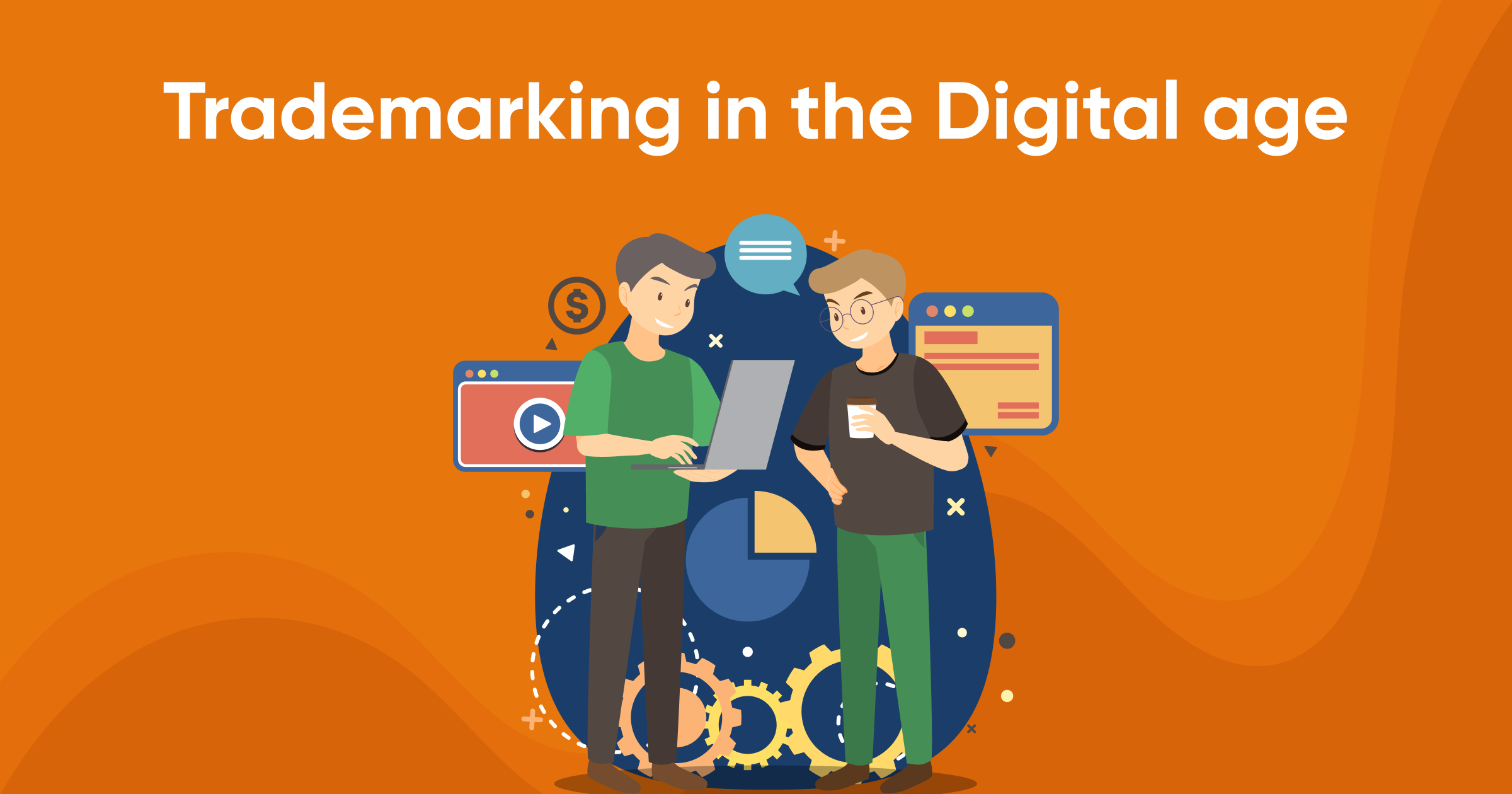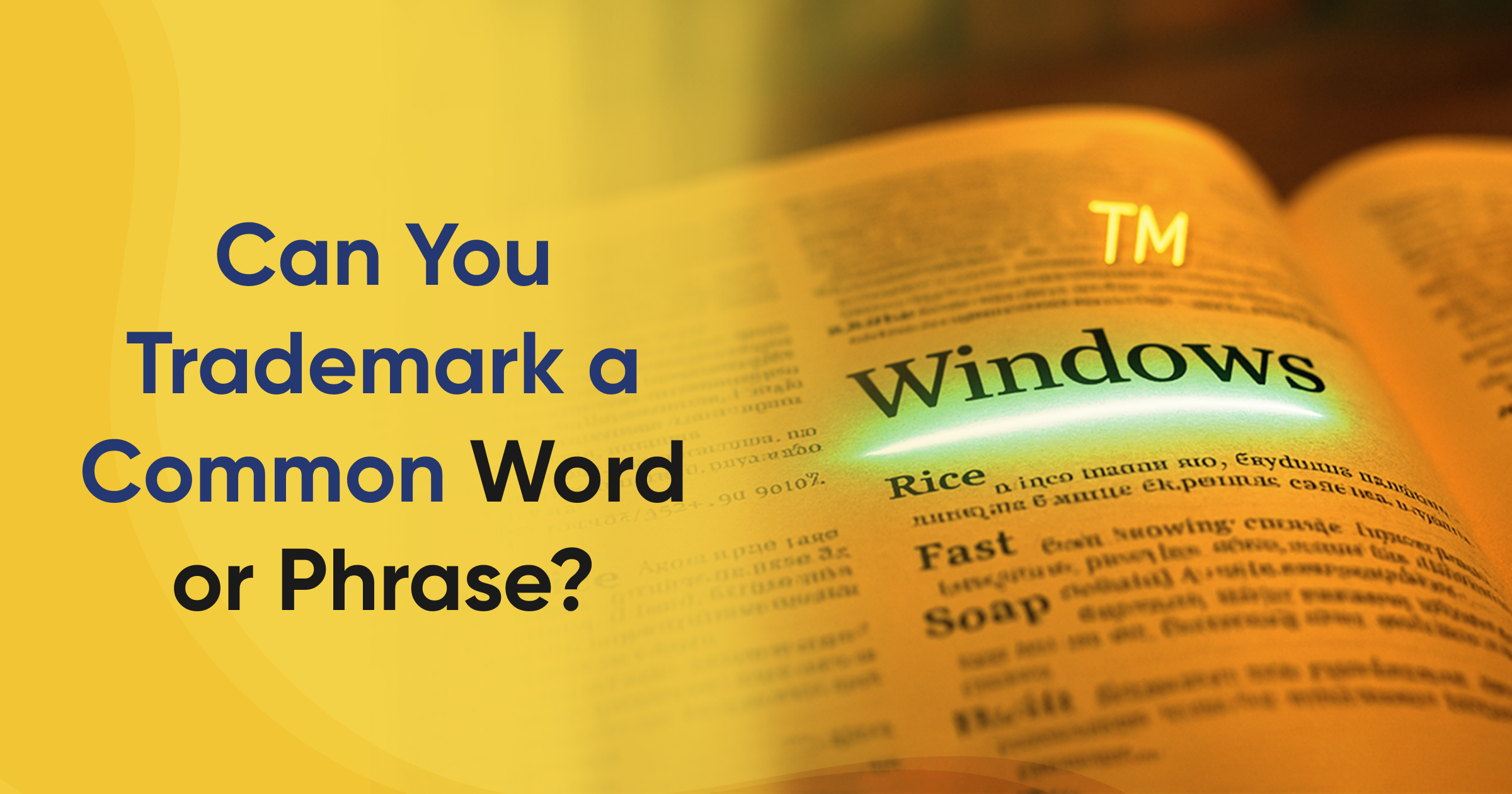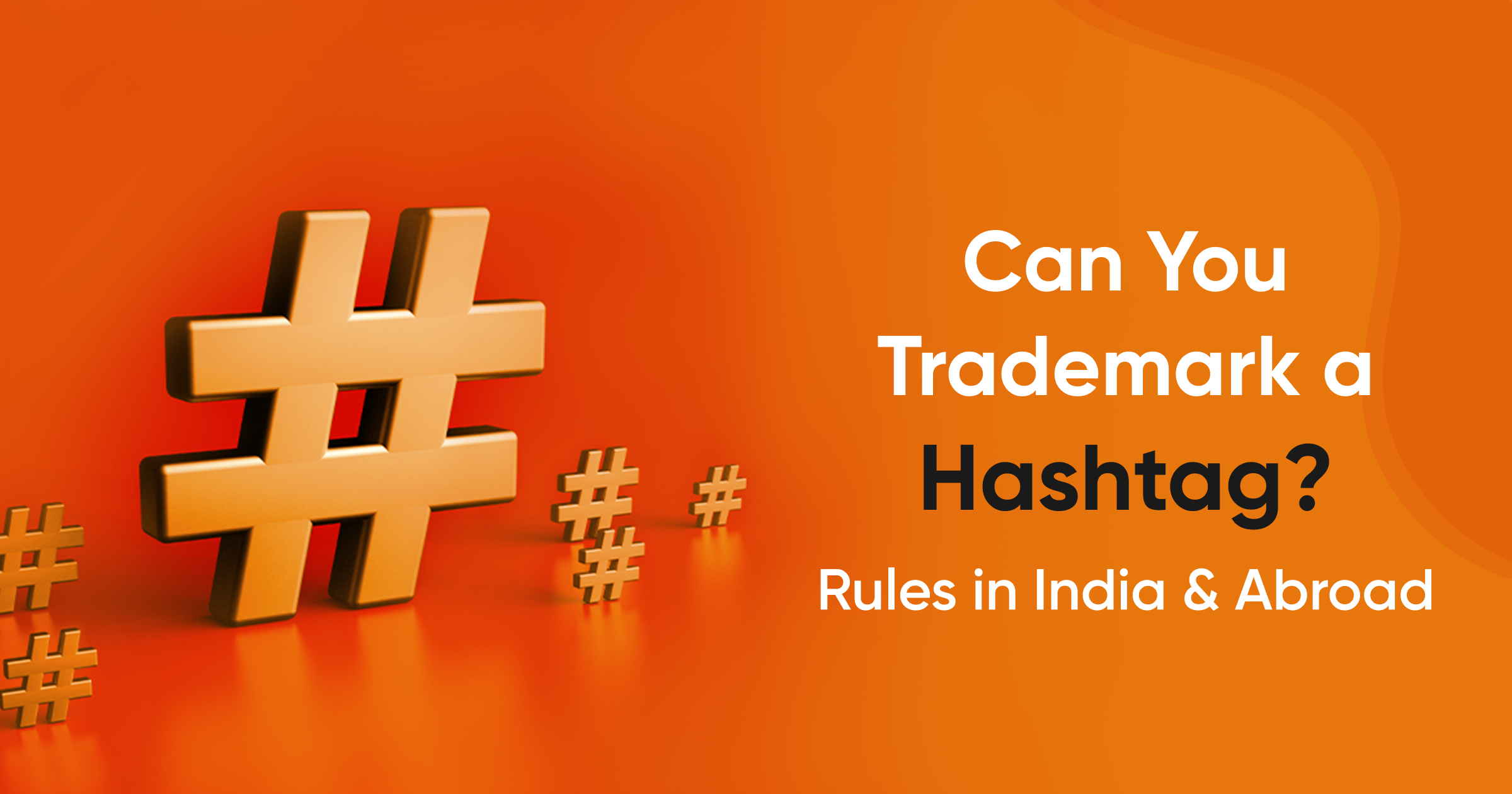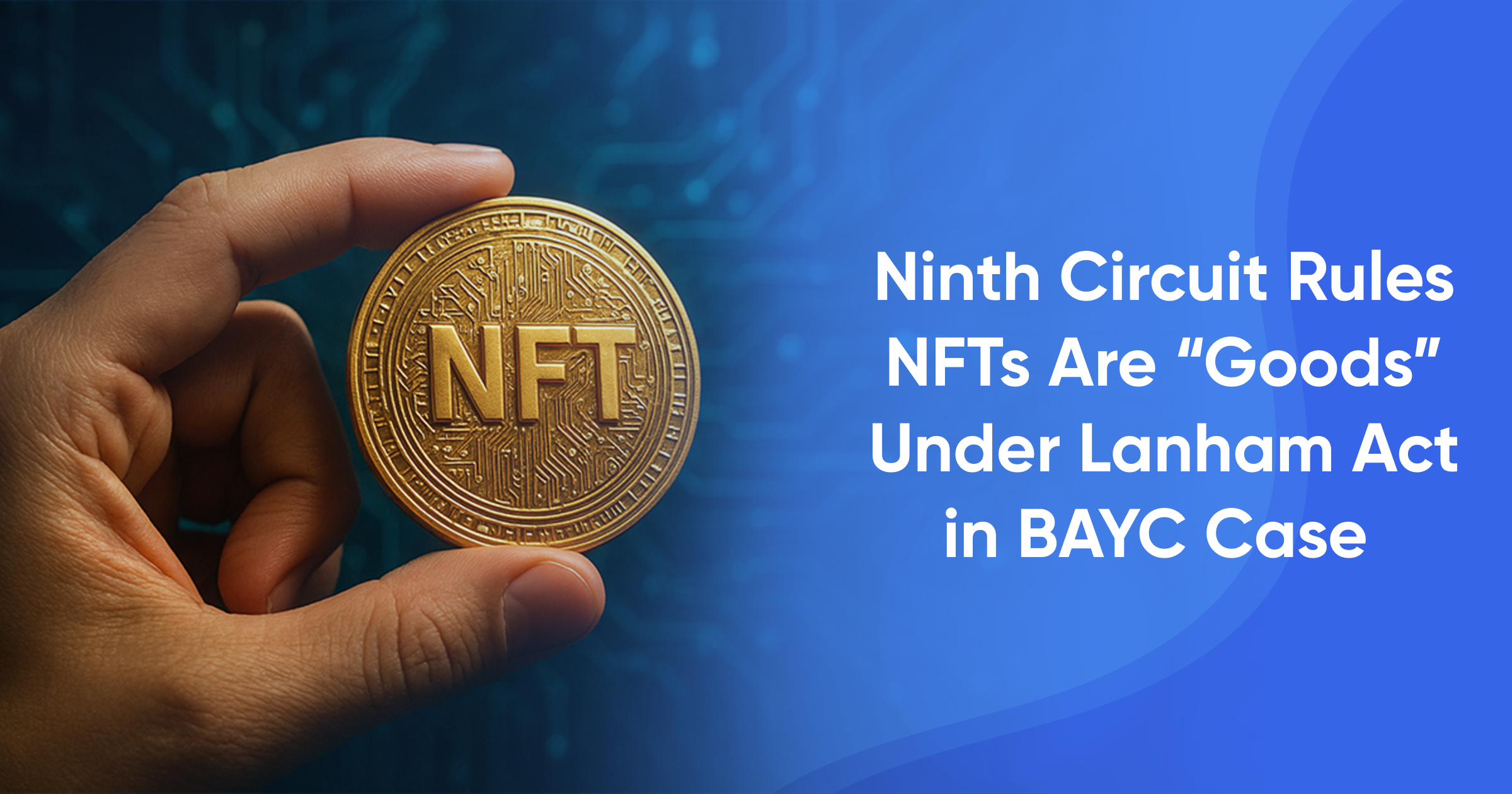Trademarking in the Digital Age: Safeguarding Your Brand in a Changing Landscape
The digital age has revolutionized how businesses operate, offering unprecedented opportunities for growth, brand exposure, and consumer engagement. But with these advancements come new challenges, particularly in protecting intellectual property. In this hyper-connected era, securing your brand through trademark registration has become more essential than ever.
In this blog, we’ll explore the importance of trademarking in the digital age, the risks of not protecting your brand online, and how businesses, especially in India, can navigate this complex environment. We'll also look at the impact of e-commerce, social media, and global online markets on trademark laws and protection.
What is a Trademark?
A trademark is a symbol, logo, word, or phrase legally registered or established by use as representing a company or product. It helps consumers identify the origin of goods or services and distinguishes them from competitors. In the digital age, where brand visibility can span continents in a matter of seconds, trademarks serve as a critical tool for protecting brand identity.
While a trademark is automatically associated with your brand once you start using it, formal registration provides legal protection, making it easier to enforce your rights in case of infringement. The importance of trademarking is magnified in today’s digital landscape, where intellectual property can be easily copied or misused across global platforms.
Why Trademarking is Critical in the Digital Age
In the past, businesses operated within well-defined geographical boundaries, limiting exposure and competition to specific regions. But the internet has erased these boundaries. Now, whether you are a startup or a multinational corporation, your brand is visible to anyone with an internet connection.
Here’s why trademarking has become essential in the digital age:
- Global Reach and Increased Visibility: A strong online presence is necessary for success, but it also opens your brand to potential infringement. As your products or services gain recognition, they become more susceptible to imitation. Trademark registration ensures that you have the legal rights to your brand’s identity across multiple markets.
- Protection Against Copycats and Counterfeiters: The rise of e-commerce platforms such as Amazon, Flipkart, and eBay has given counterfeiters easy access to large customer bases. Without proper trademark protection, it's easy for unauthorized entities to replicate your brand’s logo, name, or products, confusing consumers and damaging your reputation. Registering your trademark gives you the tools to fight counterfeit goods and protect your customers from fraud.
- Social Media Presence: Social media has become a crucial branding tool. Platforms like Instagram, Facebook, Twitter, and LinkedIn are where brands build communities and engage with customers. However, these platforms also expose brands to risks such as fake accounts, brand impersonation, or unauthorized use of your brand name and images. Trademark registration allows you to take down impostor accounts and prevent misuse of your brand on social platforms.
- Domain Name Disputes: Domain squatting or cybersquatting is when someone registers, sells, or uses a domain name identical or similar to your trademark. This practice is common in the digital age and can confuse consumers or divert traffic away from your website. A registered trademark gives you the legal right to claim domain names associated with your brand and fight any unauthorized usage.
- Brand Value and Investor Confidence: A registered trademark is a valuable asset, especially when looking for investment or partnerships. It shows potential investors that you have taken the necessary steps to protect your intellectual property, adding credibility and confidence to your business model. As businesses become more digitally focused, having a strong brand protected by a trademark becomes an essential part of your growth strategy.
Trademark Challenges in the Digital Age
Despite the advantages, the digital age presents several challenges to trademark registration and enforcement. For Indian businesses navigating the global market, these challenges are more pronounced.
- Jurisdictional Issues: Trademark laws differ from country to country. While India follows the Trade Marks Act, of 1999, each country has its own set of rules governing trademark registration and protection. For businesses with an international audience, this means you may need to register your trademark in multiple jurisdictions to ensure full protection.
- Increased Infringement Risk: The internet makes it easy for copycats to operate across borders, making enforcement a challenge. In cases where your trademark is infringed upon in a different country, it can be difficult and costly to take legal action. However, registering your trademark in key markets provides a stronger legal standing for enforcement.
- Platform-Specific Disputes: Different platforms have their own trademark policies, and resolving disputes can take time. For example, Amazon, Facebook, and Google have processes for handling trademark infringement, but navigating these processes can be cumbersome, especially without legal assistance. It's crucial to understand the rules of the platforms where your brand operates to act swiftly in the case of an infringement.
- Fake Reviews and Reputation Damage: In the digital age, it’s not just about protecting your brand name or logo—your online reputation is also at risk. Fake reviews, defamatory content, or misleading advertising can harm your brand’s reputation. While this is not a trademark issue per se, brand protection involves monitoring and safeguarding your reputation across various platforms.
The Indian Context: Trademarking for Indian Businesses
India’s digital economy is booming. With increasing access to the internet, the rise of digital payments, and the growing penetration of e-commerce, more Indian businesses are shifting online. As competition grows, Indian companies must prioritize trademark protection to prevent misuse of their brand.
In India, the Trade Marks Act, of 1999 governs trademark registration and enforcement. Registering your trademark in India gives you the exclusive rights to use your brand name, logo, or symbol in association with your goods or services. This protection is valid for 10 years and can be renewed indefinitely. Here’s why trademarking is crucial for Indian businesses operating in the digital space:
- E-commerce Growth: As platforms like Flipkart and Amazon expand, businesses are increasingly reliant on online sales. Trademark registration ensures that you can take swift legal action if competitors or counterfeiters use your brand to sell fake products.
- Startup Ecosystem: India’s startup ecosystem is one of the largest in the world. In a competitive market, a registered trademark adds value to your business and helps attract investors by showing that you’ve taken steps to protect your intellectual property.
- Regional and Cultural Diversity: India is home to a diverse population with multiple languages and cultural practices. Trademarking your brand ensures that your products or services are recognized across different regions, protecting your brand identity against regional competitors.
How to Trademark Your Brand in India
Trademark registration in India follows a straightforward process, but it requires attention to detail. Here's a simplified version of the steps:
- Trademark Search: Before filing a trademark application, it’s essential to conduct a thorough search to ensure that your brand name or logo is not already in use. A trademark search helps avoid conflicts and increases the chances of a successful application.
- Filing the Application: Once the search is completed, the next step is to file a trademark application with the Controller General of Patents, Designs & Trade Marks. The application should include details about the trademark, the class of goods or services, and the applicant’s details.
- Examination and Publication: After filing, the trademark application is examined to check if it complies with the legal requirements. If there are no objections, the trademark is published in the Trade Marks Journal. If there are objections, the applicant must respond and address them.
- Trademark Registration: If no opposition is raised during the publication stage, the trademark is registered, and you receive a registration certificate. This certificate gives you exclusive rights to your brand and legal protection in case of infringement.
How Trademarkia Can Help
Navigating the trademark registration process in the digital age can be overwhelming, especially when you’re focused on growing your business. At Trademarkia, we simplify the process by offering expert trademark search, filing, and enforcement services. Whether you're operating in India or expanding globally, Trademarkia ensures that your brand is protected, allowing you to focus on what matters most—growing your business.
Conclusion: Protecting Your Brand in a Digital World
In the digital age, where brand visibility and intellectual property are more vulnerable than ever, trademark registration is not just an option—it's a necessity. As businesses expand their reach through e-commerce, social media, and global markets, trademark protection provides the legal foundation to defend your brand’s identity.
Whether you’re a small startup or an established business in India, safeguarding your brand through trademarkia ensures that your hard work and reputation are not at risk. Take the first step today, and ensure that your brand is secure in the ever-evolving digital landscape.







